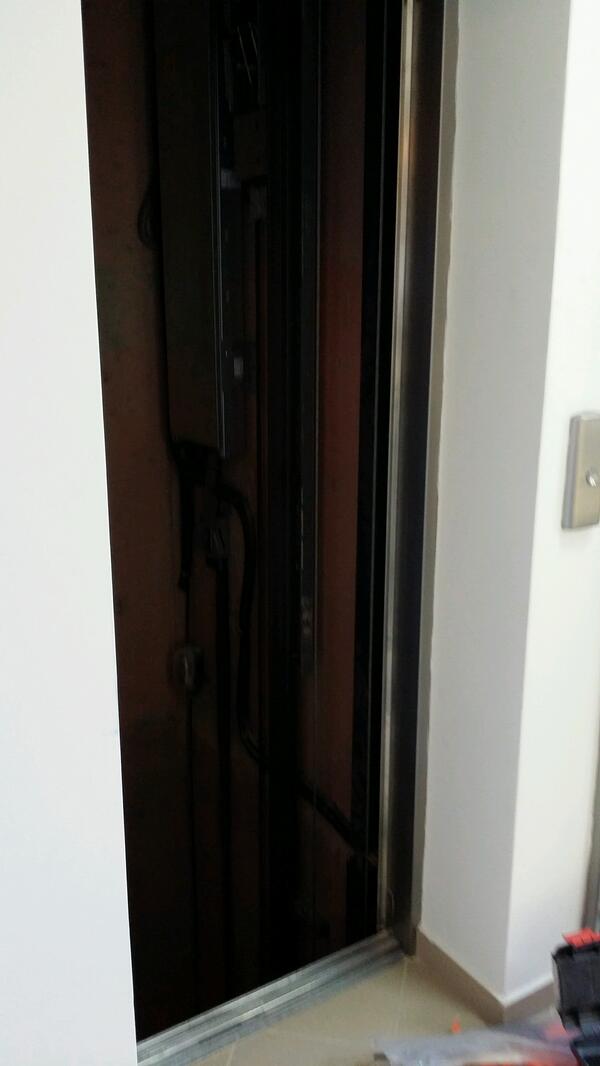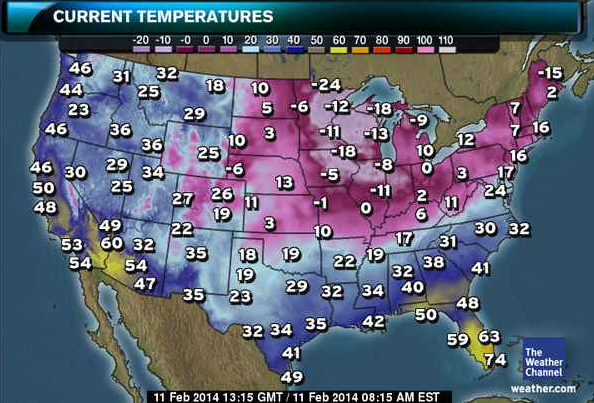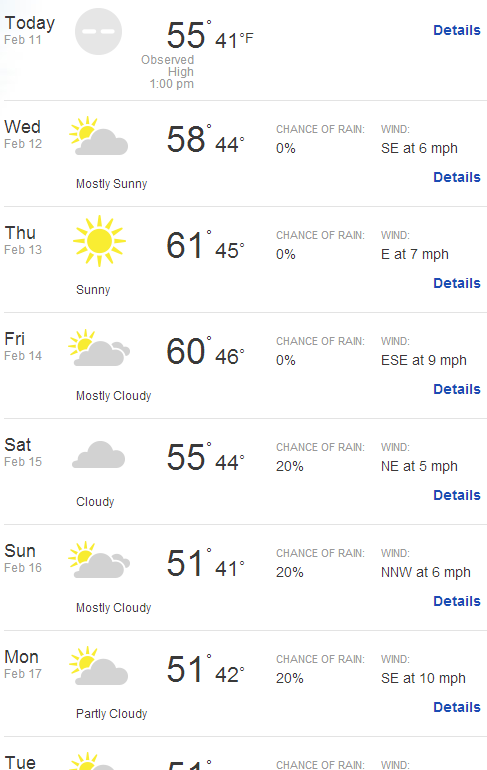Welcome to The Interpreter’s Sochi 2014 Winter Olympics Liveblog. Here, we will be covering the news away from the ski jumps and ice rinks, where activists are being arrested, corruption looms large, and the terrorist threat is very real. See all of our Sochi coverage here, and read Monday’s Sochi Liveblog: Beyond the Sports and Broken Hotel Doors. Updates are below:
2038 GMT: The struggle to save Sochi’s dogs continues. RFE/RL reports:
1721 GMT: The AP reports that it is so warm, not just in Sochi but in the mountains, that some athletes are stuffing snow into their suits just to stay cool.
Furthermore, some athletes that should be doing well have either done poorly or have not competed at all because of safety concerns.
At the RusSki Gorki Jumping Center, organizers canceled the first of three jumps after sunny skies and 15 C (59 F) temperatures softened the snow in the landing area. The second session was postponed after an official said the first competitor fell while landing.
When training resumed, only 38 of 55 starters made jumps in each of the two rounds.
The weather is having a significant impact on the outcome of the games and the safety of the athletes, despite promises from Putin that weather would not be a factor in the games.
1703 GMT: RFE/RL correspondent Tom Balmforth has traveled to Sochi in order to see first hand what the true impact on the city has been:
When the 2014 Winter Olympics kick off in Sochi on February 7, the world will see sparkling new stadiums, state-of-the-art ski lifts, and freshly paved roads. But scratching this glitzy facade reveals another — darker — reality. Local residents have seen their homes upended and lives devastated. Migrant workers have been mercilessly exploited in the construction boom. And Sochi’s unique — and once pristine — ecosystem has sustained significant damage. The true cost of Russia’s first Olympics in more than three decades, and the most expensive games ever, goes well beyond the hefty $51 billion price tag.
In today’s must read report, what Balmforth discovers is a city in ruins, as trucks busy constructing Olympic facilities have triggered landslides that have destroyed homes and endangered residents. Landfills have spread, trash is dumped in neighborhoods. Migrant workers have been exploited… it is very different than the Sochi we’re hearing about in the coverage of the Olympics.
Read Sochi 2014: Outside the Arena

Polina Kalayzhan, 85, and her husband live in a house that’s slowly sliding down hill. | Abbas Atilay
Russian officials have long known that Sochi is a landslide zone, and some have even warned that the high-rises built to take advantage of Sochi’s new infrastructure could collapse onto the city.
1651 GMT: Lenta.ru has written an article entitled “No One Understands Us There,” about how foreign journalists perceived the Sochi opening ceremonies. However, many readers, and some of those quoted, felt that the story whitewashed criticism of both Russia and the ceremonies.
We have translated the article and included the links to the original reports from the foreign journalists mentioned so that readers can make up their minds themselves. Read it here.
1605 GMT: Julia Ioffe writes in the New Republic about the damaging effect corruption has had upon Russia’s athletic efforts in recent years. She cites a State Audit ordered by then President Dmitry Medvedev into Russia’s unexpectedly poor performance in 2010 in Vancouver. The report detailed personal corruption from officials abusing budgets, in particular Sports Minister Vitaly Mutko, but more importantly for Russia’s results, the neglect of actual training: “Many athletes were trained by high school sports coaches”. Despite the excoriating report, Mutko is still in his job and has retained a very public presence at the Olympics.
1455 GMT: Much has been made of American bobsledder Johnny Quinn, who first got stuck in his bathroom (which he punched his way out of) and then got stuck in an elevator. Well, now another Olympian, UK bobsledder Rebekah Wilson, nearly died when she almost stepped into an elevator shaft with no elevator in it:
Wowzers! @paulawalkerGB nearly didn’t have her brakewomen after walking out into this! pic.twitter.com/7AzRxRsioX
— Rebekah Wilson (@BexGBbobsleigh) February 8, 2014
“#SochiProblems” may be good for a chuckle, but we need to remember two things:
1) These are the most expensive Olympics ever, funded almost entirely by Russian taxpayer money — the elevators and hotel rooms should not be dangerous.
2) Sometimes what’s funny may be very dangerous.
1355 GMT: Right now it is 54°F in Sochi (12.8°C). It is warmer than all of Texas, all but the southern half of Florida, and all but a tiny sliver of southern California and Arizona. Here is some perspective:
And Sochi’s weather forecast — it’ll get even hotter, and will never really cool off. Even at night, there will be no freezing temperatures in Sochi:
The weather is already causing major problems on the ground. CNN reports that the snowboard halfpipe, for instance, is a mess. The snow is so slushy that ground crews were trying to treat it with firehouses to make it icier. The result is that some of the course is mush, and some of the course is too icy (it’s supposed to be powdery snow). Several events have been postponed, several high-profile athletes have dropped out of events because they feel it is too dangerous, and there have been several crashes and injuries as a result of the warm weather. The Washington Post reports:
The warm weather is having real consequences for the competition. Several biathletes in the men’s 12.5-kilometer pursuit event fell while skiing the softened course. Jean-Philippe le Guellec of Canada was leading the race when he crashed, breaking one of his skis. He dropped out of medal contention while waiting for a replacement and finished 26th.
“Honestly, I want to punch a wall and hopefully break through it,” he told the Associated Press.
The problem is that, unlike the unusually cold weather in the United States, this is not some freak occurrence. Sochi is located in the subtropics, the furthest south the Winter Olympics has ever been held. The average temperatures in Sochi, both the highs and the lows, are above freezing, and so even a small deviation above average was certain to spell disaster for this Olympics. This is exactly what many experts predicted. In fact the Russian politician Boris Nemtsov titled his scathing investigation into the corruption in Sochi to reflect this fact: Winter Olympics in the Sub-Tropics: Corruption and Abuse in Sochi.


